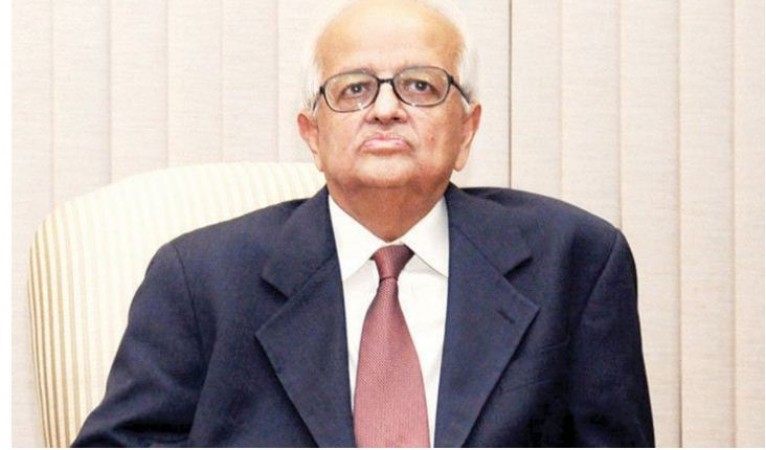
On 17 August 1941, a visionary leader and an eminent economist, Bimal Jalan, was born. His contributions to the field of economics, as well as his distinguished service in various governmental roles, have left an indelible mark on India's financial landscape. As we commemorate his birth anniversary, let's look into the life, education, and illustrious career of this remarkable individual.
Education and Early Career:
Bimal Jalan's educational journey began at Presidency College, Calcutta, where he laid the foundation for his future academic and professional pursuits. His insatiable curiosity and intellectual prowess led him to further his studies at the prestigious University of Cambridge and the University of Oxford. Although specific details about his courses of study during his time at these institutions remain elusive, it is evident that his academic pursuits equipped him with the knowledge and insights that would prove invaluable in his future endeavors.
A Trailblazing Career in Government and Economics
Bimal Jalan's career was characterized by a series of impactful roles within the Government of India. In the 1980s, he served as the Chief Economic Adviser, where his expertise and counsel played a crucial role in shaping India's economic policies during a critical period of development. His keen understanding of financial matters led to his appointment as Banking Secretary from 1985 to 1989, where he contributed significantly to the country's banking and financial sectors.
One of the crowning achievements of his career was his tenure as the Finance Secretary in the Ministry of Finance from January 1991 to September 1992. This period was marked by economic reforms that had far-reaching implications for India's growth trajectory. Bimal Jalan's strategic insights and leadership were instrumental in guiding these reforms, solidifying his reputation as a forward-thinking economist and administrator.
A Legacy of Leadership in Economic Research
Bimal Jalan's contributions extended beyond his roles in government. From 1992 to 2008, he served as the President of the Governing Body of the National Council of Applied Economic Research at the Planning Commission in New Delhi. This role allowed him to shape and influence economic research and policy formulation, showcasing his commitment to fostering knowledge and driving evidence-based decision-making.
Stewardship of the Reserve Bank of India
Perhaps the most iconic phase of Bimal Jalan's career was his tenure as the Governor of the Reserve Bank of India (RBI). He was appointed to this esteemed position for two distinct terms, underscoring his impact on the nation's financial ecosystem. His first term, spanning from 1997 to 2002, witnessed his adept handling of monetary policy and regulatory measures.
His stewardship of the RBI continued with his reappointment for a second term from 2002 to 2004. This period was marked by stability in the financial markets and strategic initiatives aimed at strengthening the Indian economy's foundation. One notable milestone during his tenure was the introduction of the 1000 rupee denomination note, reflecting his adaptability to evolving economic dynamics.
Kejriwal Celebrates 55th Birthday, Calls for Quality Education Pledge